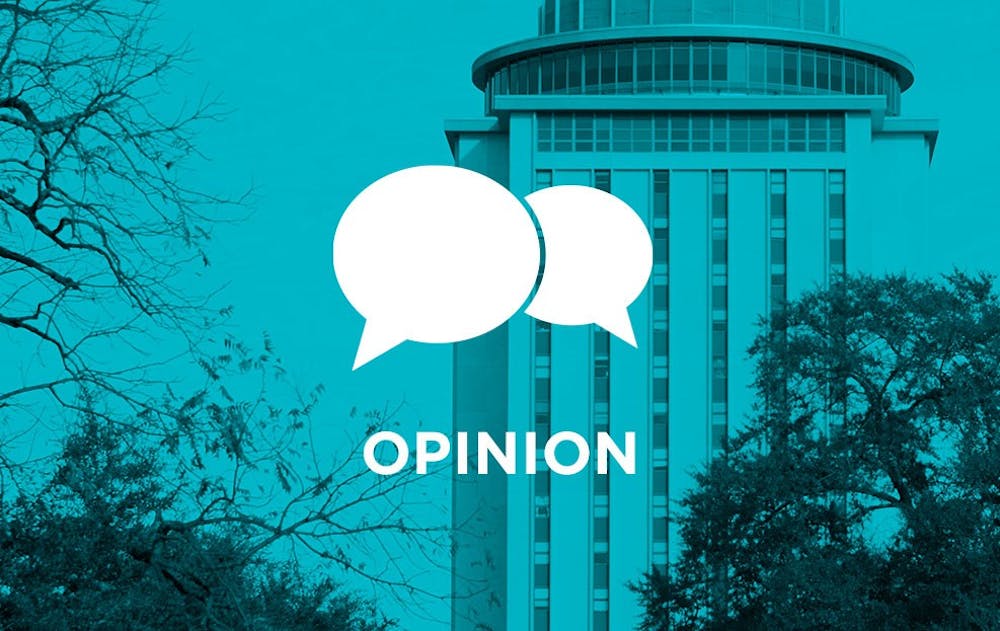Halfway through the semester, there’s fair chance you might not have closely reviewed a syllabus in a few months. However, upon glancing at several syllabuses and the university bulletin, you may be reminded of the odd policy concerning attendance.
According to university policy, “absence from more than 10 percent of the scheduled class sessions, whether excused or unexcused, is excessive and the instructor may choose to exact a grade penalty for such absences.” Although it is a fair assertion that students should be present for 90 percent of classes, applying this rule to excused absences can easily become problematic for students, especially if a grade penalty is enforced.
More specifically, this penalty can hurt the students who are academically conscientious. Missing class will — more than likely — affect a student’s grade, so why should excused absences further harm that grade? Students recovering from surgeries or illnesses often complain that this policy puts them at an unfortunate disadvantage. Kicking them while they’re down, so to speak, as they aim to learn any material missed in class. Excused absences are not a sign of academic irresponsibility, but of an unforeseen circumstance.
Likewise, this policy can possibly prevent students from getting the rest and recovery needed while sick. Illnesses and injuries don’t magically go away once a student misses that third class of the semester. Although the policy permits professors the opportunity to show grace to a student who misses class, it — more importantly — gives them free reign to unfairly penalize a student who may already be struggling with their physical or mental health.
Additionally, those excused absences, which are anticipated, are likely to be beneficial to the student. The policy can discourage students from participating in university-approved trips for fear of lowering their grades. Clubs and other extracurricular activities can provide both experience and professional connections through multi-day conferences and trips. Students’ attendance of such events, in attempt to make themselves more knowledgeable and marketable, should not be inhibited for fear of lowering their semester GPA.
Ultimately, extending the attendance policy to those with excused absences is hurting the wrong people. Sure, penalize the ones who decide bingeing Netflix is more desirable than going to their class lecture. However, don’t further hurt the students who might miss class through sickness, injury or even attending events and conferences outside the university. The difference between skipping class and missing class is a significant one, and the two should thus be treated separately within university policy.

